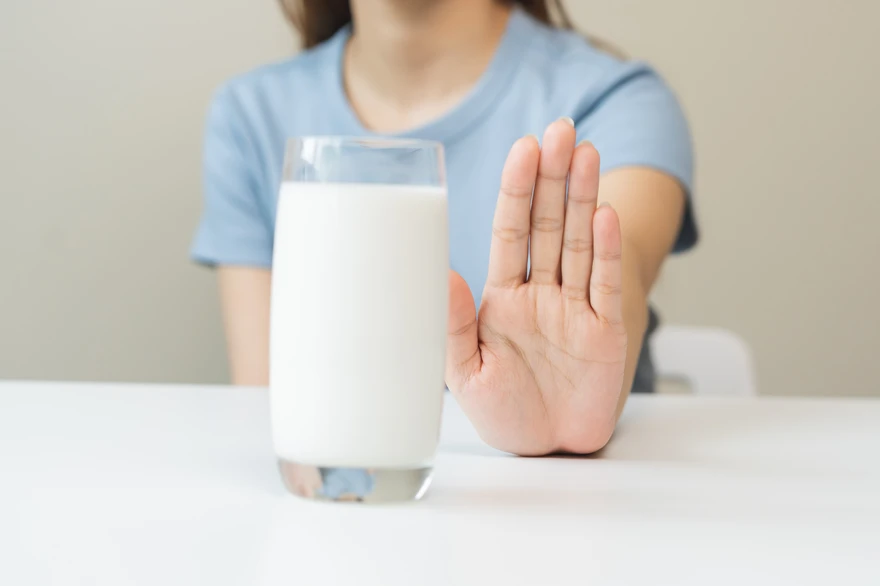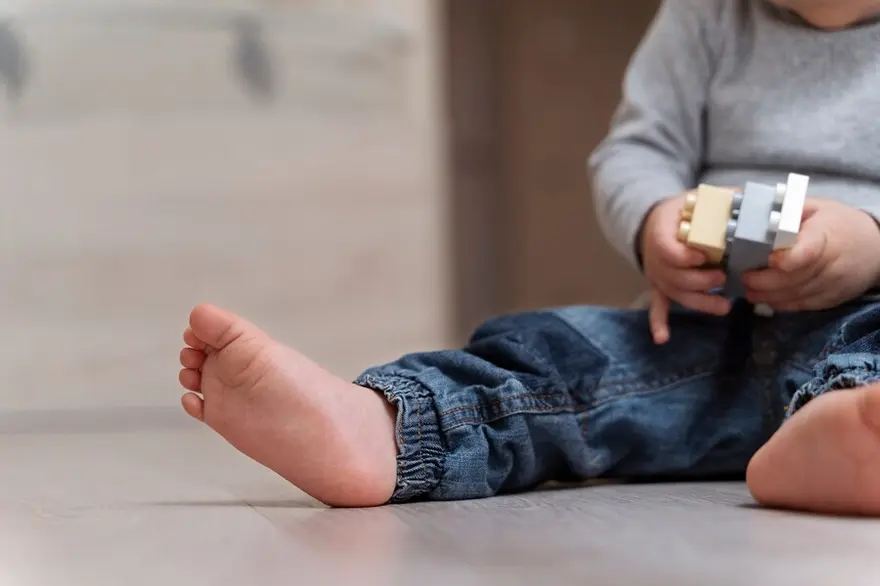Lifestyle
Common Questions on Hair Thinning Answered
3201 Views
0

Hair thinning is a common cosmetic problem encountered by people worldwide. It is usually associated with loss of hair volume and thickness that further results in hair loss. Some degree of hair loss is normal. According to the American Academy of Dermatology (AAD), usually people lose 50-100 hair per day and there is regrowth of new hair from the same hair follicle. Loss of hair more than this is considered as hair loss. Any factor that stops the growth of hair results in hair loss. It is also known as “anagen effluvium”. Hair loss is usually hereditary, due to hormonal imbalance, due to autoimmune disturbance, iron deficiency and many other reasons.
What are the causes of hair thinning?
The possible conditions related to thinning of hair are:
- Stress: Certain stressful conditions like – Childbirth, Surgery, Illness or fever, may result in thinning of hair or sometimes a few months after the stressful situation. This is called telogen effluvium.
- Diet: Eating a healthy and balanced diet can promote growth of strong and healthy hair. Malnutrition and Vitamin deficiency esp. Vitamin B may result in hair loss. Think you could be nutritionally deficient? Book a vitamin B12 deficiency test and know for yourself.
Furthermore, protein is an integral component of hair and deficiency of protein in diet results in thinning of hair and hair loss. Deficiency of iron, folic acid, and other minerals and micronutrients in diet can cause hair loss. Get a hemogram test (also called blood count test) done and see if you have healthy blood parameters.
- Infection or skin disorder or any immune system deficiency can also result in hair loss and hair thinning.
- Treatment for any autoimmune disease or thyroid irregularities could also be a cause of hair thinning or it may be hereditary.
- Use of harsh hair products like hair gels and sprays or overtreatment of hair like – colors and tight hairstyles can lead to hair damage and hair thinning.
Along with your skin and hair, make sure to take care of your overall health. Book a women’s health checkup package here.
Can hair thinning be reversed?
Depending on the cause, thinning of hair can be reversed. Thinning and loss of hair due to malnutrition, vitamin deficiency, stress, pregnancy or any other non-genetic reasons can be restored to certain extent in most cases, however genetically determined or hereditary conditions cannot be naturally restored.
How to check for hair thinning?
This problem is quite evident to be noticed.
- Reduced weight of hair or lighter hair. The ponytail may be smaller or very thin.
- Progressive bigger appearance of forehead
- More of scalp is visible mainly at the time of tied hair
- More than usual hair on pillow
- Styling of hair is not possible like it used to
- Appearance of bald patches on the scalp
- Hair fall in form of clumps instead of strands
So, by observing and monitoring one and more of these signs, consider consulting an expert and seek a solution.
Can I benefit from home remedies? What are the treatment options to prevent hair thinning?
Some of the remedies that can be used at home are:
Use of Oils:
Certain essential oils like- Lavender oil mixed with rosemary and thyme can be used but should be diluted in a carrier oil. According to studies, lavender oil can be used to treat pattern baldness. Before use, an allergic test of the oil should be done on the arm.
Massage of Scalp:
Scalp massage is the cheapest and one of the most effective ways of getting thick hair. Scalp massage enhances blood flow and it also removes dead skin and cells.
Use of Multivitamins:
- Use iron, folic acid, and zinc supplements are necessary to keep hair growing thick and strong.
- Use of folic acid supplements
Use of Biotin:
Biotin is a water-soluble vitamin and is present in foods like- nuts, lentils and liver. Biotin supplements are also available in the market. Taking a balanced diet will enhance hair growth.
Omega-3 and omega-6 fatty acids:
Omega 3 may help prevent premature hair loss because it helps the body to fight with the inflammation. Omega 6 is important for overall skin health including scalp.
Use of anti-thinning shampoo:
Anti-thinning shampoo contains vitamins and amino acids important for healthy scalp and promote hair growth and these shampoo also provide volume to the hairs so they look thicker.
There are certain prescription drugs also used for thinning of hair and hair growth like – Finasteride, Corticosteroids, Minoxidil, etc. but should be taken after proper consultation of a concerned doctor.
Do men and women face similar kinds of hair loss?
The pattern of hair loss in males and females is different. In females, it usually appear as diffuse thinning of the hair across the entire scalp but in males it can appear as receding front hairline or loss of hair on the crown of the scalp and also combination of both. If you are not sure of what underlying medical conditions can be giving you health problems, get a complete body checkup and let an expert interpret the results for you.













1701259759.webp)









 WhatsApp
WhatsApp